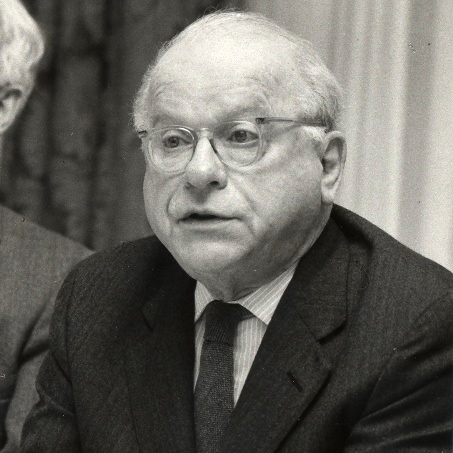It feels like old times with v,dt paying a disdainful visit to Old Life at Twitter. So, here‘s one for those in denial about Vatican II and the changes it accomplished. I’m not sure I’d agree with Massimo Faggioli about the nature of Roman Catholicism (if I were in fellowship with the Bishop of Rome), but he is often a better guide to matters Roman than the cheerleaders and converts:
Some people in Europe and the United States still haven’t accepted that we now live in a world church that represents a historical development beyond medieval Christendom. The state of denial of those who still believe that a return to Christendom is possible is driven by many factors, but one in particular: the return of the myth that the whole category of the secular is a liberal invention, the myth that “once, there was no secular.”
There is, of course, nothing new in populist politicians using religion for their appel à la violence . The major problem is the legitimacy that a new generation of anti-liberal Catholics seems willing to give to this kind of populist rage, with the intention of overcoming current political challenges with a return to the past—as if the failures of liberalism automatically make Christendom possible again. The crude fact is that Christendom failed. What are usually called “liberal Catholicism” and “liberal theology” acknowledge this.
In an important book published in Italy and Germany this year, the young church historian Gianmaria Zamagni recounts the modern history of the debate on the “Constantinian age” of European Catholicism. The critique of the Constantinian model of Christendom begins at least thirty years before Vatican II. In 1932, in the first volume of the Kirchliche Dogmatik, Karl Barth identified Constantine as the reason for the decline of Christianity. In the spring of 1963, as debates about what would become Gaudium et spes were underway, the French Dominican Marie-Dominique Chenu also drew attention to the problems of Constantinianism in a paper titled “The Church and the World.” Nor were Barth and Chenu isolated cases. Friederich Heer, Erik Peterson, Ernesto Buonaiuti, Étienne Gilson, Jacques Maritain, Emmanuel Mounier, and Yves Congar all made similar arguments.
Vatican II’s attitude toward the church’s past was complex and ambivalent. It’s clear from the way the council dealt with the issue of Concordats and bishops’ appointments that there was still a desire to maintain certain features of the old relationship between the church and political power. But Vatican II’s teachings on religious liberty, ecumenism, and non-Christian religions represented a break with key aspects of the theology that had undergirded Christendom. As for ecclesiology, in paragraph 8 of Lumen gentium , Vatican II looked to the way Jesus himself dealt with the issues of freedom and coercion, especially religious coercion: “Just as Christ carried out the work of redemption in poverty and persecution, so the Church is called to follow the same route that it might communicate the fruits of salvation to men…. [the Church] ‘like a stranger in a foreign land, presses forward amid the persecutions of the world and the consolations of God,’ announcing the cross and death of the Lord until He comes.”
Protestants have an easier time around our Constantian history since no European government or Reformed church declared a specific political order to be the Christian ideal. Protestants varied and worked church-state matters out on the ground, whether as established churches (Scotland and Geneva), persecuted minorities (France), or voluntarist communions (United States).
Not so with Roman Catholics. Popes and their advisers since the eleventh century spent a lot of time defining papal supremacy in relation to Europe’s Christian social order, and then after 1789 doubling down on the state’s subordination to the church and condemning all forms of liberalism.
But then Vatican II happened. Roman Catholicism is still trying to figure out what Vatican II means and meant since it presents at least three different papal models from which Roman Catholics may choose: Pius IX (traditionalist), John Paul II (conservative) and Francis (progressive). But as Faggioli insists, Vatican II broke the mold of the papacy’s place in western politics.
And since the old, Pius IX political theology was part of the church’s infallible teaching not just on society but on salvation (a liberal society tolerated errors that led the faithful to mortal sins), Vatican II represents a problem for any Roman Catholic who says this is the church that Jesus founded (and doesn’t have his fingers crossed).


